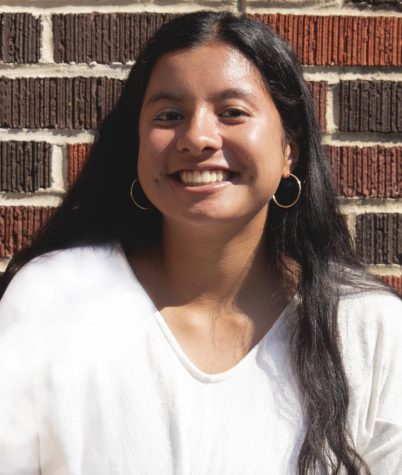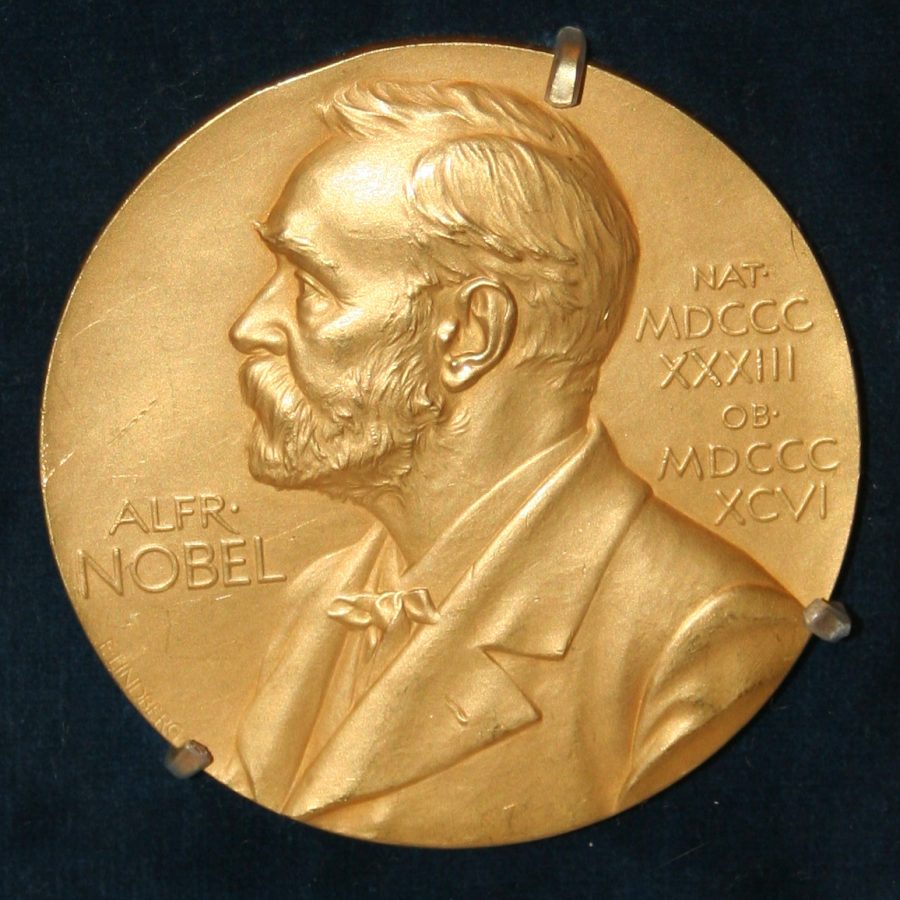US scientists awarded Nobel Prize
Researchers win Nobel Prize for body clock insights
On Monday Oct. 2, three American researchers were awarded the Nobel Prize in Physiology or Medicine by the Nobel Assembly at the Karolinska Institutet in Stockholm, Switzerland. Jeffrey C. Hall, Michael Rosbash, and Michael W. Young were given the award for their discoveries about the molecular mechanisms controlling the body’s circadian rhythm, commonly known as the biological clock.
In 1984, the three scientists used fruit flies to isolate a gene that controls the rhythm of a living organism’s daily life. They were able to look inside the organism’s biological clock and help explain how plants, animals and humans adapt their biological rhythm so that it synchronizes with the Earth’s revolutions.
In 1990, Hall and Rosbash co-wrote a study demonstrating that the gene they were analyzing encoded a protein that accumulates in cells at night, but is degraded during the day. Over decades of research, these scientists identified the mechanisms governing the clockwork inside the cell, shedding light on the biology of humans and other multicellular organisms – whose biological clocks function on the same principles.
Hall received his doctorate in 1971 from the University of Washington and Rosbash received his doctorate in 1970 from the Massachusetts Institute of Technology. Both scientists had been part of the faculty at Brandeis University since 1974. Hall is a retired professor of biology and Rosbash is a professor of biology and holds an endowed chair in neuroscience. Young received his doctorate from the University of Texas at Austin in 1975. He is now a professor of genetics at Rockefeller University in New York.
The three Americans’ names did not appear on any of the major Nobel prediction lists, so the scientists were astonished by the announcement of their win. Rosbash and Young received the news early on a Monday morning.
“I really had some trouble getting my shoes on this morning,” Young said in a statement from the New York Times. “I’d go and pick up my shoes and then I’d realize I need socks, and then I’d realize I need to put my pants on first.”
Hall, Rosbash and Young will share a prize of nine million Swedish kronor, which is around $1.1 million. Their studies of the circadian rhythm in flies have shed light on the genes and proteins that synchronize our own bodies and could lead to treatments for a wide range of illnesses.

This is my fourth year on the Bagpipe staff.
What are you involved with at the school?
Band, Youth and Government Club, Out of this Bubble Club, etc.
How would your friends describe you?
Determined, compassionate and grounded
What is your favorite ice cream flavor?
Mint chocolate chip or cookies and cream



